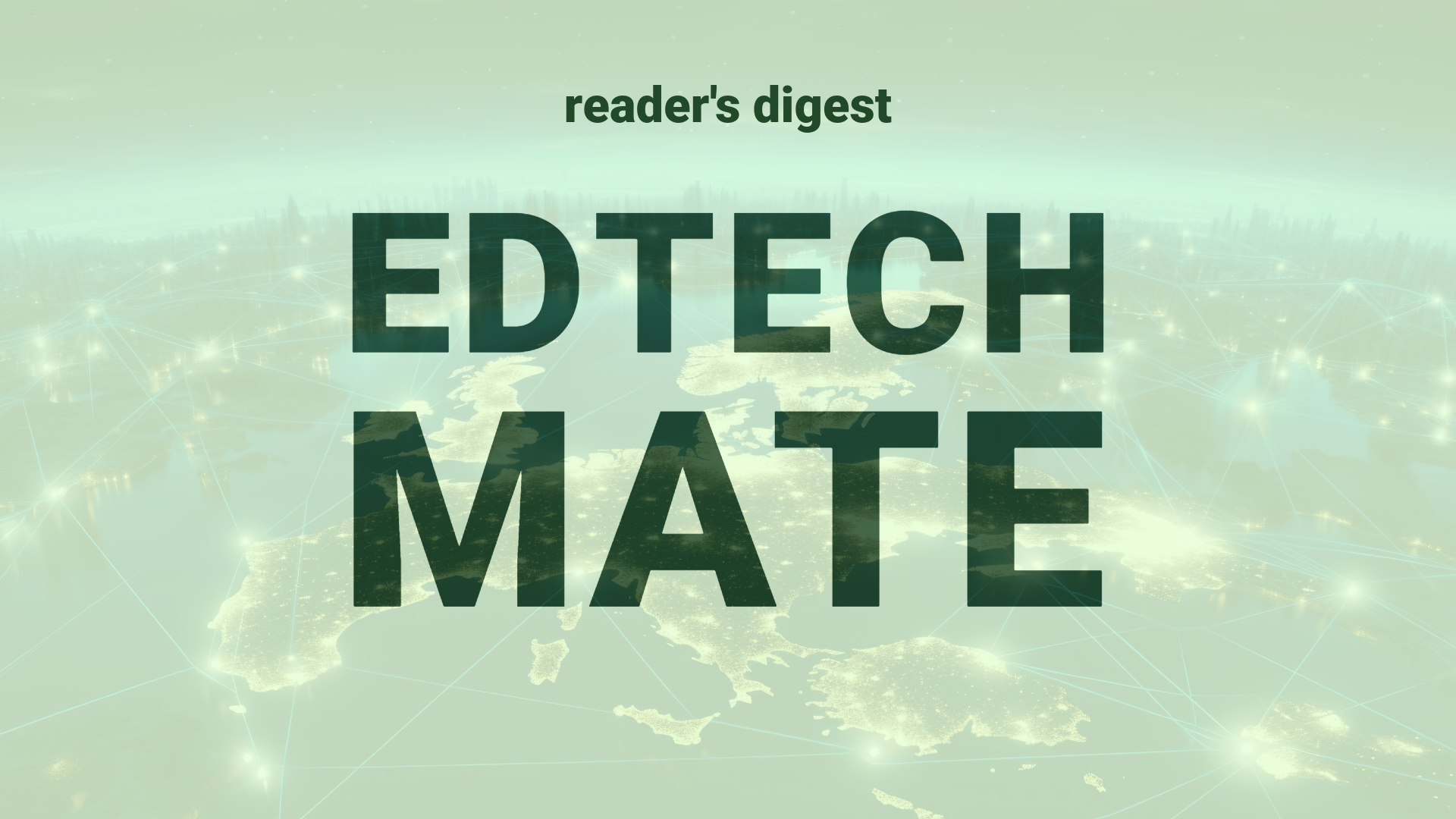Executive Summary and Main Points
The Trustworthy & Responsible AI Network (TRAIN) has extended its reach to Europe, with Microsoft’s backing after successfully launching in the United States in March. As the healthcare sector anticipates an AI-driven transformation reminiscent of post-1918 pandemic reforms, TRAIN emerges as a collaborative effort towards ethical and technical AI governance in healthcare. Strategic partnerships include European medical powerhouses such as Erasmus MC, UMC Utrecht, and several others. The optimism for AI in healthcare promises advancements in drug discovery, patient management, and personalized predictive measures for disease progression, potentially reshaping healthcare delivery.
Potential Impact in the Education Sector
The proliferation of TRAIN and similar consortia holds significant implications for Further Education and Higher Education. These collaborations are poised to revolutionize medical training, invigorate research with sophisticated AI tools, and pave the way for sharing best practices across institutions. The digital transformation will also propagate the development of Micro-credentials, focusing on AI fluency in healthcare delivery, translating into partnerships that cross-pollinate advanced AI understanding with clinical expertise.
Potential Applicability in the Education Sector
AI technologies and digital tools, enhanced by TRAIN’s initiatives, could be incorporated into global higher education curricula to prepare the next generation of healthcare professionals. Embedding ethical AI frameworks within courses, enriching data analysis skills, and encouraging participation in international AI health projects can elevate the educational experience to meet the sector’s imminent needs. Federated AI outcome registries provide fertile ground for academic research and cross-border educational collaboration.
Criticism and Potential Shortfalls
Criticism of TRAIN centers around the potential for perpetuating inequities, favoring resource-rich institutions. Examples like the Health AI Coalition (CHAI) demonstrate that while strategic partnerships have advantages, they also risk creating a healthcare AI elite, exacerbating the divide between well-funded and under-resourced organizations. Ethically, the consortia must navigate complex privacy landscapes, ensuring they don’t undermine patient trust, particularly within the stringent European General Data Protection Regulation (GDPR) framework.
Actionable Recommendations
International education leadership should prioritize building AI-literacy across curricula, focus on ethical tech use, and promote equitable systems. Practical steps include leveraging existing consortia models to foster data-sharing while honoring privacy concerns; integrating AI competency into certification and accreditation standards; and establishing multi-level partnerships with consortia like TRAIN to ensure that smaller institutions are not left behind in the AI revolution.
Source article: https://www.cio.com/article/2155319/hospitales-europeos-lanzan-una-red-de-ia-para-acordar-garantias-de-privacidad.html

